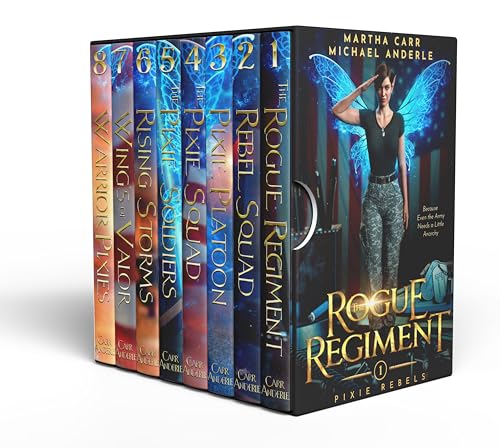Software Conflict 2.0: The Art and Science of Software Engineering updates and expands a neglected classic in the field. The nearly 60 essays in this book—always easily digestible, often profound, and never too serious—are the work of pioneer Robert L. Glass, 50 year software veteran, and author or editor of more than 25 books, including Software Creativity 2.0 and Facts and Fallacies of Software Engineering.As loyal Glass readers have come to expect, Software Conflict 2.0 takes up large themes and important questions, never shying away from controversy. No matter what unique corner of the software engineering world you call home, Software Conflict 2.0 tackles questions and conflicts that you will recognize.Robert Glass has a unique perspective, owing partly to his longevity in the field, partly to his breadth and depth of experience as a practitioner, and partly to his experiences on multiple continents crossing back and forth between the worlds of the university and the professional programming shop.The first edition of Software Conflict was published circa 1990 and before this new edition was been out of print for some time--a casualty of an all too frequent pattern for software books: a new book is hot when it hits the streets, but then trends change, paradigms shift, and eventually the publisher stops placing orders with the printer. As hundreds of new books are published every year, a real treasure can be buried in the shifting sands.Most of the material in this book was written a decade before the internet age, but sometimes the message of a software book transcends the cycle of trends and revolutions. Some of the great software books continue to be discussed even decades after their original publication. Why do people keep reading these “dated” software engineering books?Because the insights of these great books are timeless, as valid today as they were yesterday. Because these insights help us become better software professionals, better researchers, better managers. And because the writings of a computing pioneer like Robert L. Glass might just reveal something about where we are today and where we’re headed.Software Conflict 2.0 features six new essays by Robert Glass and a new Foreword by Andrew Hunt of the Pragmatic Programmers.


